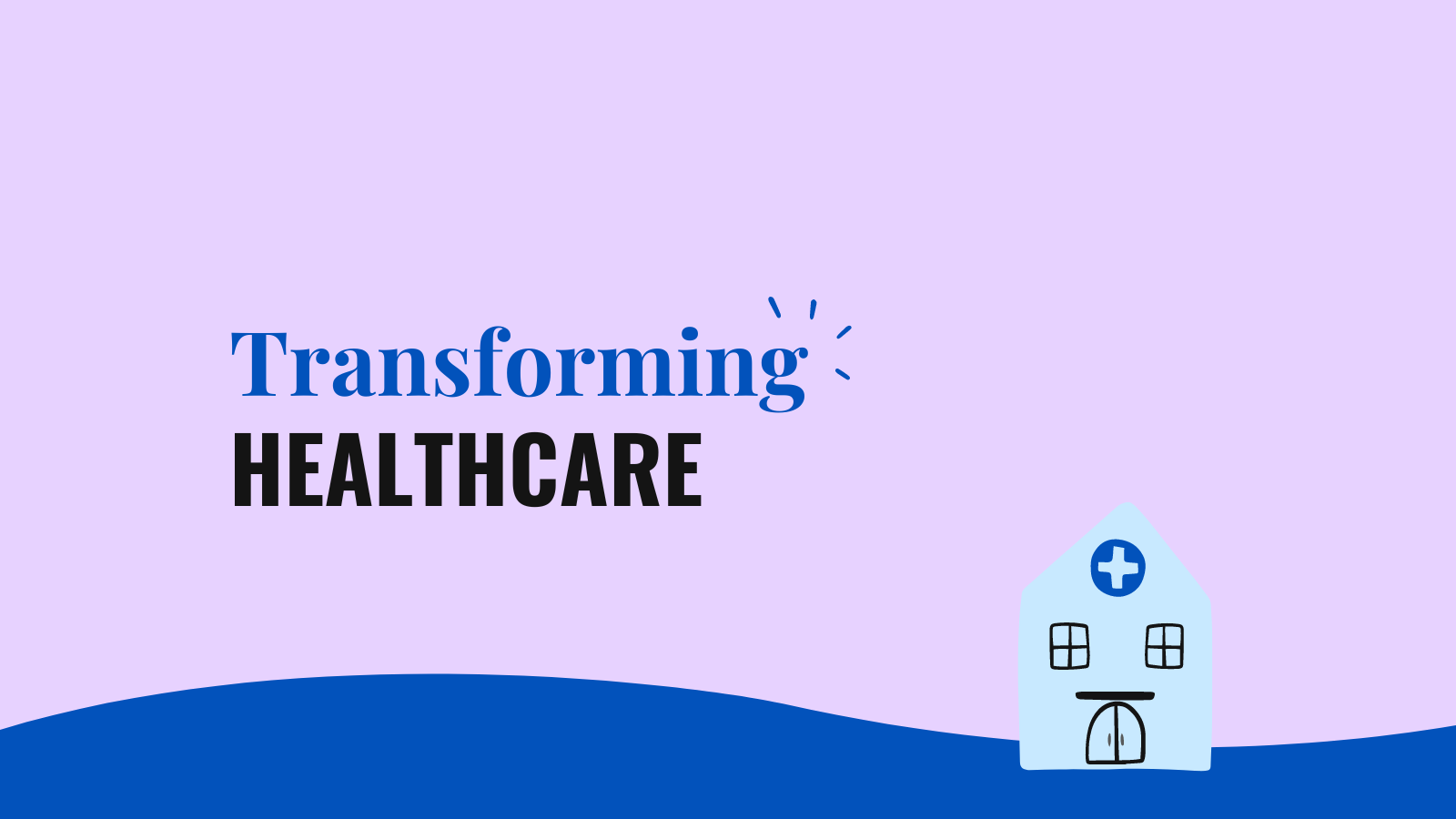Challenge
A key administrative task in the NHS is clinical coding. During this process, a patient’s diagnosis, treatment or reason for seeking medical attention is captured from a clinician’s notes and translated into codes. These codes must then be submitted by the care provider before they can be reimbursed by the NHS. Accurate clinical coding also helps the government monitor population health and clinical practices.
Kettering General Hospital (KGH), part of the University Hospitals of Northamptonshire NHS Group wanted help with their clinical coding process, as they struggled to recruit and retain experienced coders. The trust also had to balance throughput with accuracy, as processing higher volumes of codes could lead to lower quality.
Solution
Working with the Clinical Coding team at KGH, we began the UK's first Automated Clinical Coding project for Inpatients and Day patients, using AI to automatically assign ICD-10 and OPCS 4 codes to each episode of a patient’s care. Starting in Endoscopy, we built an automation program to identify, verify and submit clinical codes from patient notes.
"Working alongside the Technical Director at TPXimpact as we developed our automation solution “IanBot” was an excellent experience. I'm really excited to see what we can achieve over the next few years."Liz Ivatt
Clinical Coding Team Leader, University Hospitals Northamptonshire NHS Group
Identifying and mitigating risks early on allowed us to define best practices for the automated clinical coding system, ensuring we delivered the needs of all stakeholders. We also established a process for iterative learning, where the AI could learn from previous examples. This reduced the number of exceptions — instances that the system cannot automatically process — and improved the speed and accuracy of coding.
Impact
Using an automated clinical coding service in Endoscopy helped KGH to achieve several benefits. As well as releasing staff time equivalent to one full-time employee per year, with a saving of over £35k, the likelihood of human error was greatly reduced. Thanks to automation, staff roles now focus on validating and auditing complex cases, opening up more opportunities for them professionally and helping the NHS retain its employees.
The flow of data within clinical coding processes was also improved, giving a more detailed picture of the care the trust provides, ensuring it is fully reimbursed for that care, and enabling accurate healthcare data to be provided to local government services.
As well as automating the end-to-end process in Endoscopy, we delivered a recommended roadmap for automation in other areas of the trust. This will help KGH gain more efficiencies, identify potential secondary conditions in patients, and improve its clinical outcomes.
"Through our partnership with TPXimpact we’ve created a high quality and efficient solution to endoscopy daycase coding. This a strong first foray into automation which has also taught us an invaluable amount about how to make these ideas a reality within a wider NHS clinical coding service."Christian Bennett-Evans
Head of Clinical Coding, University Hospitals Northamptonshire NHS Group

Transforming healthcare
Discover how we accelerate digital transformation in the NHS, delivering innovative, user-centred solutions that improve patient outcomes and streamline services.
Work with us
Enhancing healthcare training data management
Building user-first data management systems with Health Education and Improvement Wales
Read moreOur latest work
Transformation is for everyone. We love sharing our thoughts, approaches, learning and research all gained from the work we do.

Enhancing healthcare training data management
Building user-first data management systems with Health Education and Improvement Wales
Read more
Unlocking data to get ambulances to where they're needed most
How we helped Welsh Ambulance Services NHS Trust to optimise where it sends its ambulances, by creating a dashboard of data visualisations and building staff capability across Microsoft 365.
Read more
Automating Covid-19 processes in the NHS
Kettering General Hospital automates Covid-19 related processes releasing staff time back to patient care.
Read more
